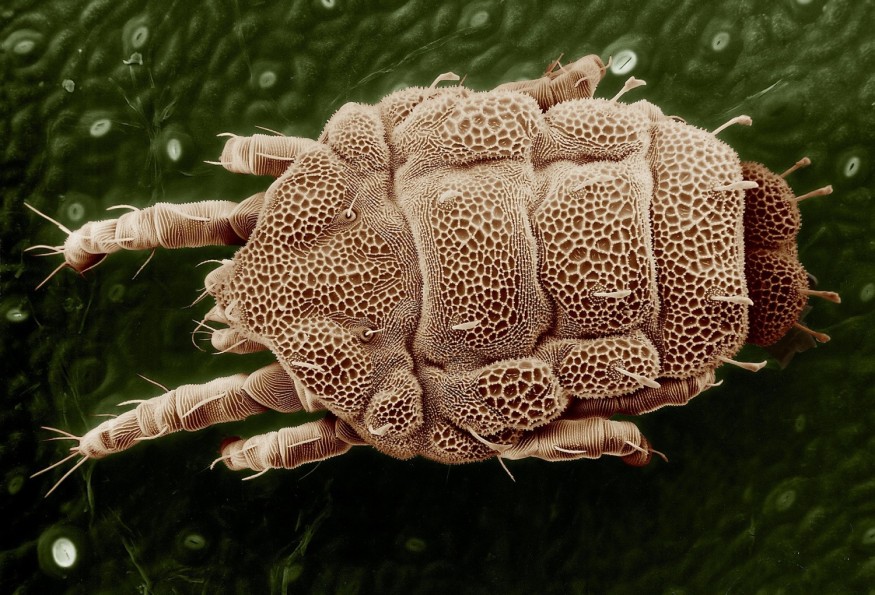Parasites are not the best in making friends as they only live and survive for themselves. More so, they can damage other living organisms that they have a relationship with and are thought of as something that is needed to be terminated.
So why a group of scientists does is interested in saving them?

Read: Anti-Parasitic Drug found to Kill COVID-19 in the Lab within 48 Hours
Parasite Global Conservation
Although the Earth is already billions of years old, only about 10% of parasites are known to humankind. To top it all, most of these known insects serve a vital ecological role, such as regulating wildlife that might grow in population and become pests.
Only about 4% of the known parasites can infect humans, which means that a big part of their population can do their job without harming humans. However, they are often left out of conservation efforts.
On August 1, a group of parasite ecologists published a paper in the journal Biological Conservation, outlining their ambitious global conservation plan.
Chelsea Wood, an assistant professor at the University of Washington School of Aquatic and Fishery Sciences and one of the research authors, said that they aim to emphasize the importance of parasites in the ecosystem as their numbers are slowly decreasing.
Their team defined 12 goals for the next ten years that could help their efforts in conserving parasites. They are hopeful that humans can take action now to conserve parasite biodiversity by acting now.
One of their goals is to describe at least half of the world's parasites in the next decade, an integral part of the conservation process.
Project co-lead and assistant professor Colin Carlson of Georgetown University said that if species are not given a name, it is hard to save them.
"We've accepted that for decades about most animals and plants, but scientists have only discovered a fraction of a percentage of all the parasites on the planet. Those are the last frontiers: the deep sea, deep space, and the world that's living inside every species on Earth," Carlson said.
It is important to note that the researchers do not include parasites that infect humans or domesticated animals in their conservation plan. According to them, parasites are needed to be controlled to protect human and animal health.
Read Also: Jellyfish-like Parasite Can Live Without Oxygen: The First of Its Kind
How to Conserve Parasites?
The paper published recently is just a part of a study for parasite conservation. Wood leads one study in which they found that a collection of responses by parasites to environmental change is likely to be complicated. Soon, the world may see outbreaks of some parasites and the extinction of another species.
Typically, parasites need two hosts to complete their life cycle. Some of them would infect a fish or an amphibian first and then transfer to a bird to reproduce and multiply.
Wood explained that one way to conserve the parasites is by manipulating the behavior or the anatomy of the first host to make them more susceptible to being eaten by the second host. In that way, the parasite would get transmitted easily to its second host.
Wood and her colleagues then designed a study to know what would happen to the parasites if their ecosystem is changed. They designed it across 16 ponds on central California's East Bay region, in which they built birdhouses, floating perches, and mallard decoys in 50% of the area to attract more birds.
After a couple of years, the results of their study suggest that some parasites declined in number, and some increased when the bird biodiversity is increased. That means the future will see more disease and outbreak and simultaneously will not see some species of parasites again.
As of now, the researchers are looking into what species will survive and go extinct in the future.
Read More: Africa Combats Locust Outbreak Amid the Coronavirus Pandemic Crisis
© 2026 ScienceTimes.com All rights reserved. Do not reproduce without permission. The window to the world of Science Times.












